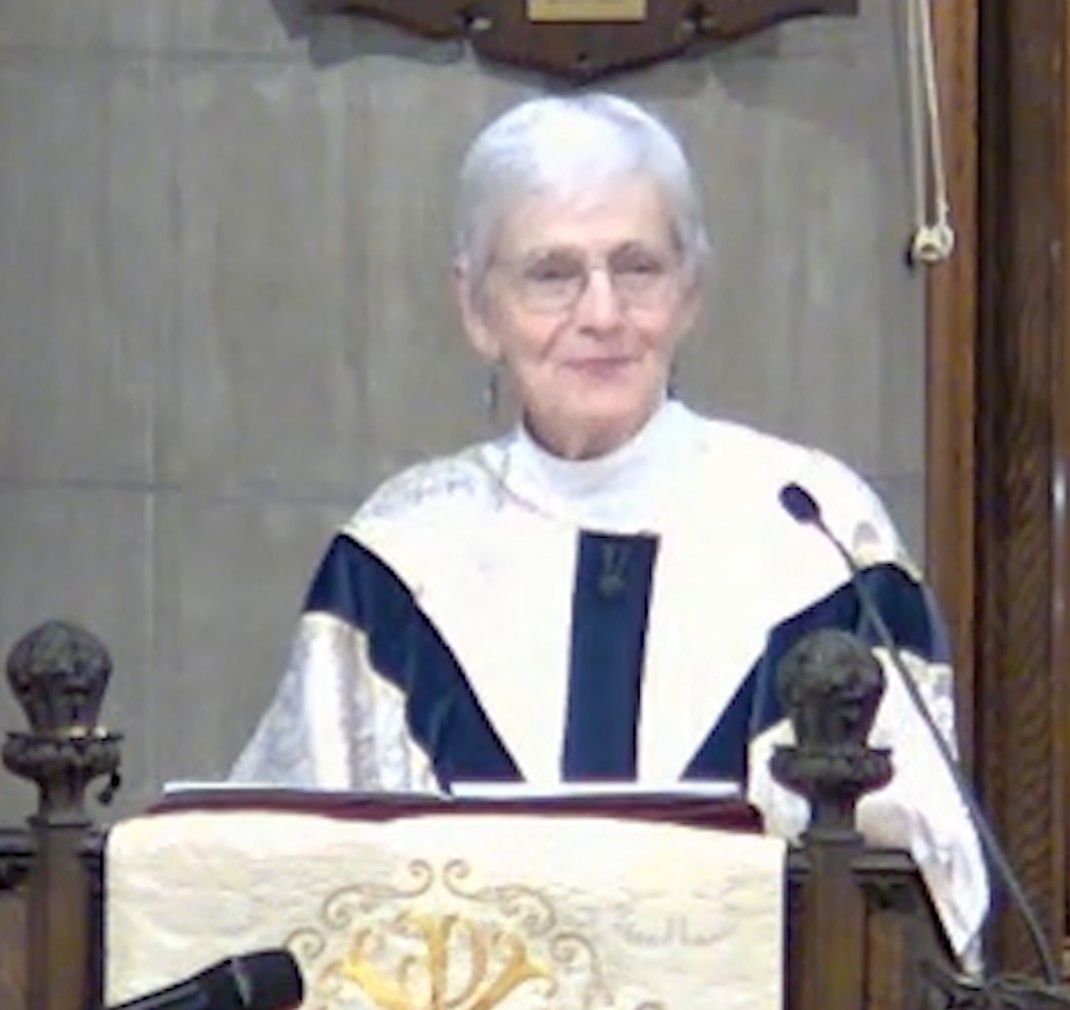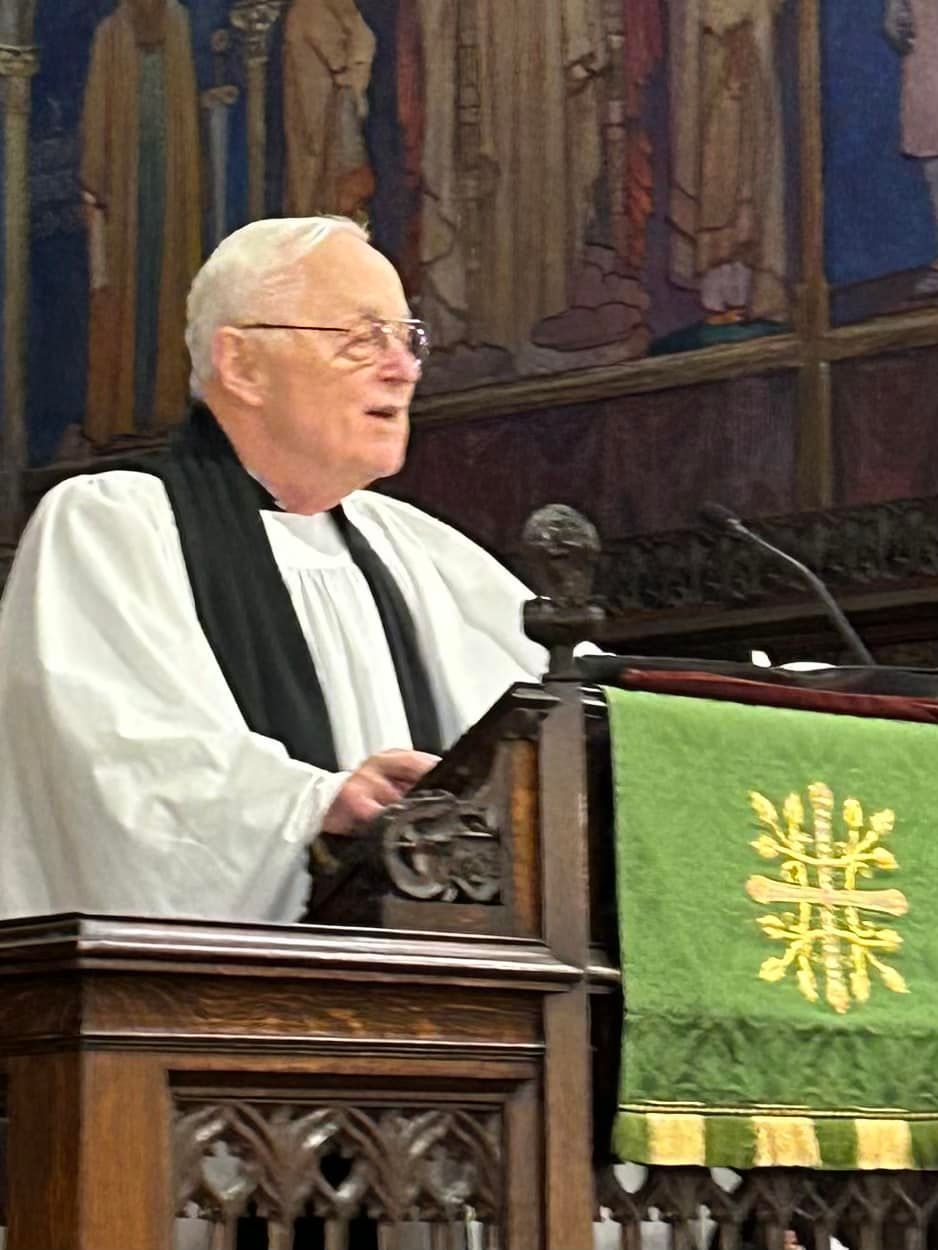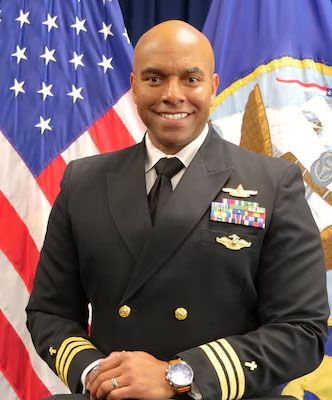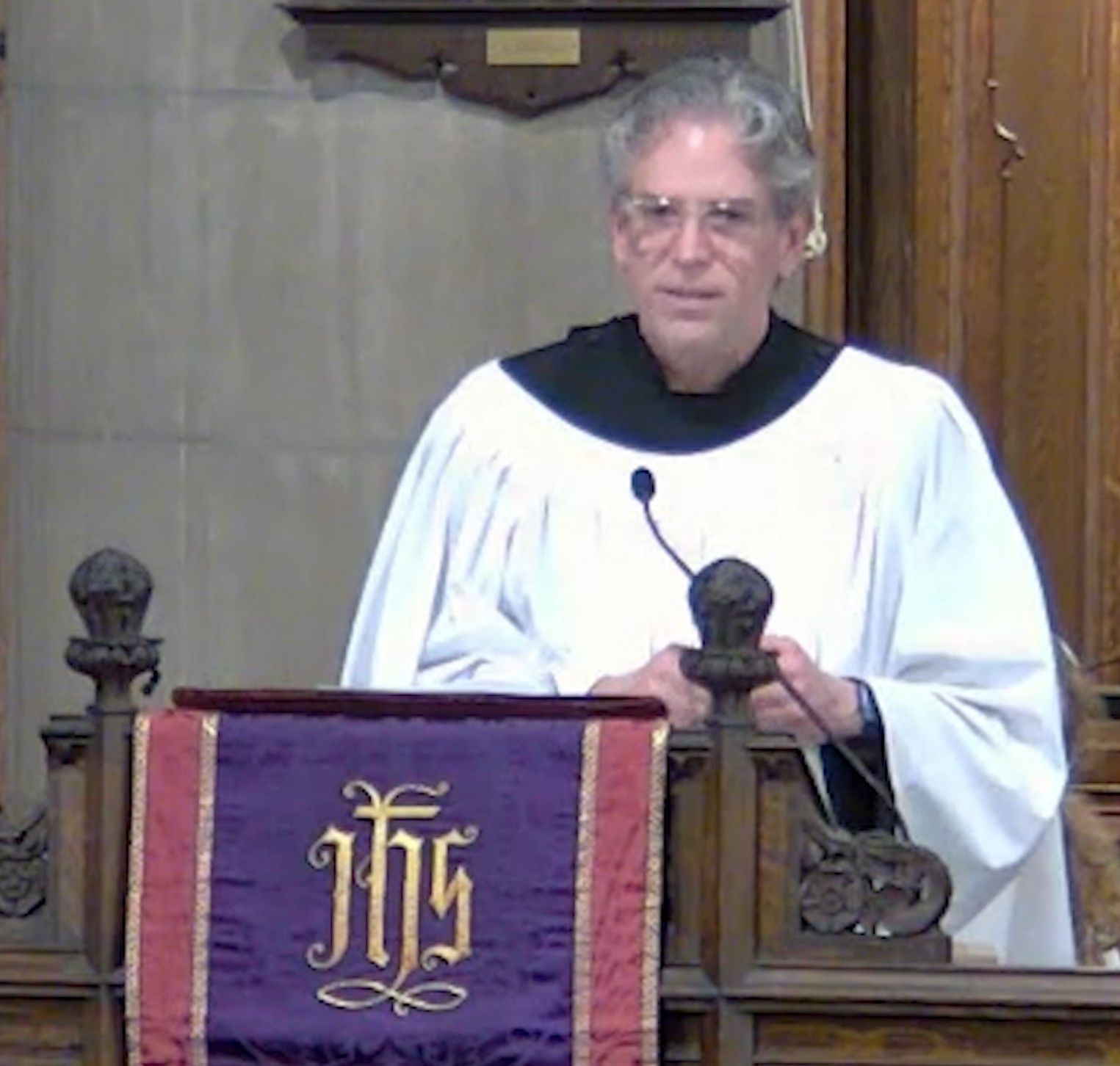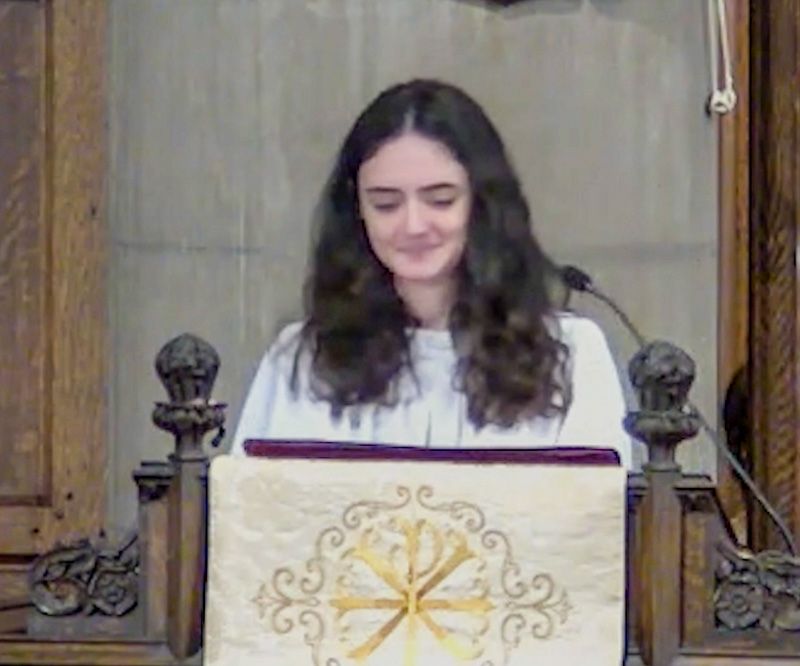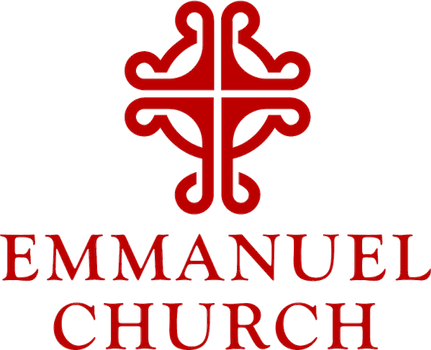Pentecost 4
The Hope Project: Joy Comes in the Morning
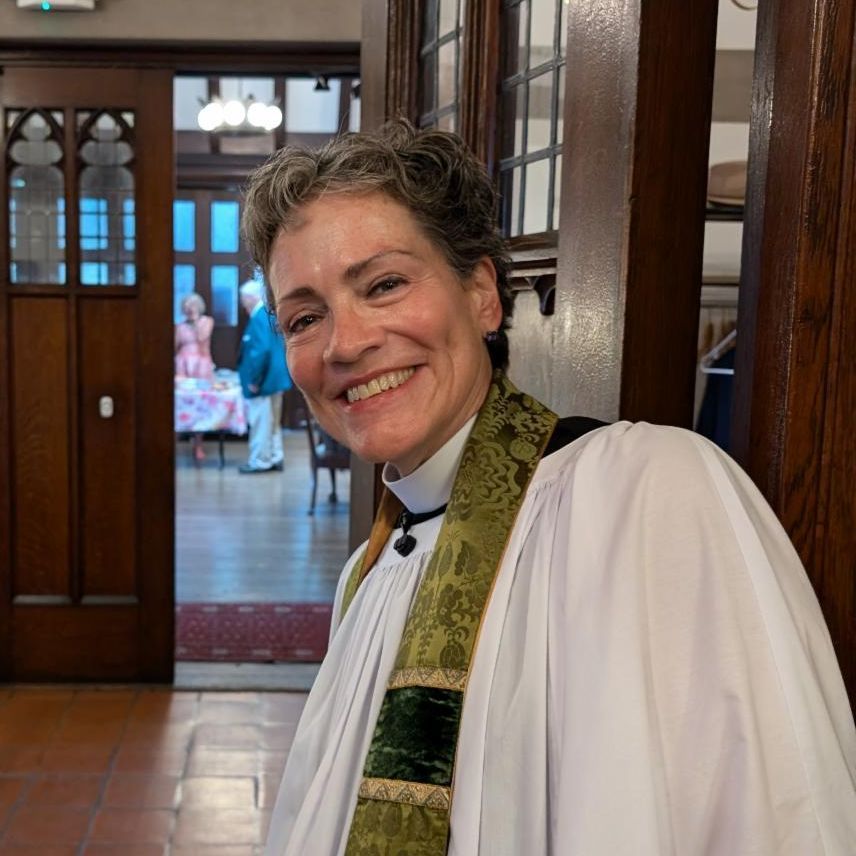
The Hope Project:
Joy Comes in the Morning
We were talking about hope last week — what it takes to build a muscular hope, and how we can speak hope into being. I’m going to continue focusing on hope in my sermons, and I’m also asking all our Emmanuel preachers to help us find hope in the world. We’re uniquely suited at Emmanuel for this Hope Project for two basic reasons: our foundation in scripture and our strong community. First, our assigned weekly readings from scripture, called the lectionary in our tradition, provide the foundation for our understanding of God’s presence in our lives. Scripture also gives us many examples of how our lives can go completely off the rails when we disconnect from God’s presence. Scripture tells the story of the highs and lows of our faith ancestors’ experience with God — stories of commitment, surprising strength, love, generosity, greed, weakness, pride, community, isolation, power, oppression, and agency — all the factors that affect how we interact with others — known theologically as “free will.”
The Psalms, for example, are ancient songs and prayers found in the Hebrew Bible, expressing the full range of human emotions, from deep sorrow and complaint to celebration and gratitude. Scriptural tradition tells us that King David composed the Psalms. That makes sense, as he’s remembered for his poetic and musical gifts, as well as his own well-recorded ups and downs with God. That whole Bathsheba thing that resulted in the death of her husband, Uriah the Hittite, was a scandal of the first order in the Ancient Near East.
We sang Psalm 30 this morning — go back and read verse 5 in your bulletins now. Psalm 30 is famously attributed to King David, and may be his own reflection on human frailty and God’s enduring grace: 5 For his wrath endures but the twinkling of an eye, his favor for a lifetime. Weeping may spend the night, but joy comes in the morning. Our scriptural tradition gives us a strong foundation for taking on the Hope Project at Emmanuel. The second reason that the Emmanuel community is well-positioned to take on the Hope Project is that hope is born from connection and community, our very theological value proposition at Emmanuel. Remember Church Saves Lives. We understand and live community here at Emmanuel and with that understanding, we can speak hope into being in the community and the wider world.
Last week, I talked about the hope reflex — muscular hope, as American journalist, author, and public intellectual Krista Tippett calls it. We build our hope reflex by fully acknowledging our highs and our lows, holding joy and pain together, not denying trauma but also not deducting it from the joy side of the ledger. That critical intersection is where hope lives. When we have known joy, we remember it in our hearts and in our bones and know it’s possible. When we experience loss, frustrations, or stumbles, we remember our highs of joy, and strive to return to that experience again. That’s hope. Weeping may spend the night, but joy comes in the morning
Last week in her On Being series on hope, Tippett interviewed philosopher of ecology Joanna Macy, who reminds us that when we love, we will know pain, and we will know grief that can feel too awful to bear. This is true in our individual lives and in our lives together in community and in the wider world. And big hope — muscular hope — doesn’t come from abstract commitments. It comes from what we love: our children, our families, our communities, and the natural world. It’s this simple: connection and community build relationship. Relationship brings about belonging — a sense of connection and purpose where you know you’re missed when you’re away. Belonging yields joy. And joy opens the door for hope.
When someone we love is sick or dying, we can also experience profound grief alongside hope for recovery, or release from pain and suffering. But our love requires us to be present and in relationship even through pain. When we’re present, there will be grieving to do, and that’s almost unbearably hard. But staying present in the face of loss strangely, interestingly, and kind of miraculously, Tippett says, increases our capacity to love and unleashes intelligence and ingenuity to sustain that love across a lifetime. Our strong community at Emmanuel equips us to take on the project of speaking hope into being in our community and in the wider world, because hope comes from being present for what and who we care about, through Psalmic-level highs and lows and joys and sorrows.
Is this easy? Good grief, no! We are human beings, and we get in our own way. In this morning’s reading from 2 Kings, the mighty warrior Naaman grieves for his strength, wealth, and everything from back home he was proud of as he’s laid low with leprosy. His self-involvement and pride keeps him from following the advice of a young girl his army captured from a nation he’d bested in war.
In this morning’s gospel, Jesus specifically instructs the 70 he sends out to help with the harvest to greet each household in peace, and be fully present if they are receptive. If they are not fully present, move on to the next household who can be fully present, Jesus tells them, because that’s how community is built, that’s how connection is made, that’s how love is generated, and that’s where hope comes from. Naaman almost misses being healed because he’s suspicious and status conscious, but then he gets over himself and is present to community. Elisha’s peace settles upon him, and both his understanding and his skin are healed and made new. Far from shaking the dust from his feet as he returns to his home kingdom, he packs his chariot full of dirt from the side of the River Jordan so that he can worship that holy ground at home. And the seventy returned to Jesus joyous, after the practices of presence yielded success. Lord, in your name even the demons submit to us! they report.
This past week, the Bishop Matt Heyd of New York announced a campaign calling us to engage in our world with simple acts of courage, care, and connection, and I’d like us to add our muscle of hope at Emmanuel to that effort. Bishop Matt is calling the campaign #OneSingleAct, inviting individuals and communities across the country to build connection and community with small gestures of hope — acts of compassion like checking in on a neighbor, volunteering in service of others, or writing a thank-you note — and posting them online using the hashtag #OneSingleAct.
Easy peasy, right? Bishop Matt said, Acts of care, connection and courage are the deepest expressions of our faith. And they join us with people of goodwill and deep faith from all backgrounds. It joins us together with people who recognize that human dignity is who we are and how we’re connected. Rabbi Angela Buchdahl, Senior Rabbi of Central Synagogue, added You can never know how one single act, small or big, could impact someone. You cannot imagine how much it might change you. Can we help build this culture of presence? It can all start right here. Amen

